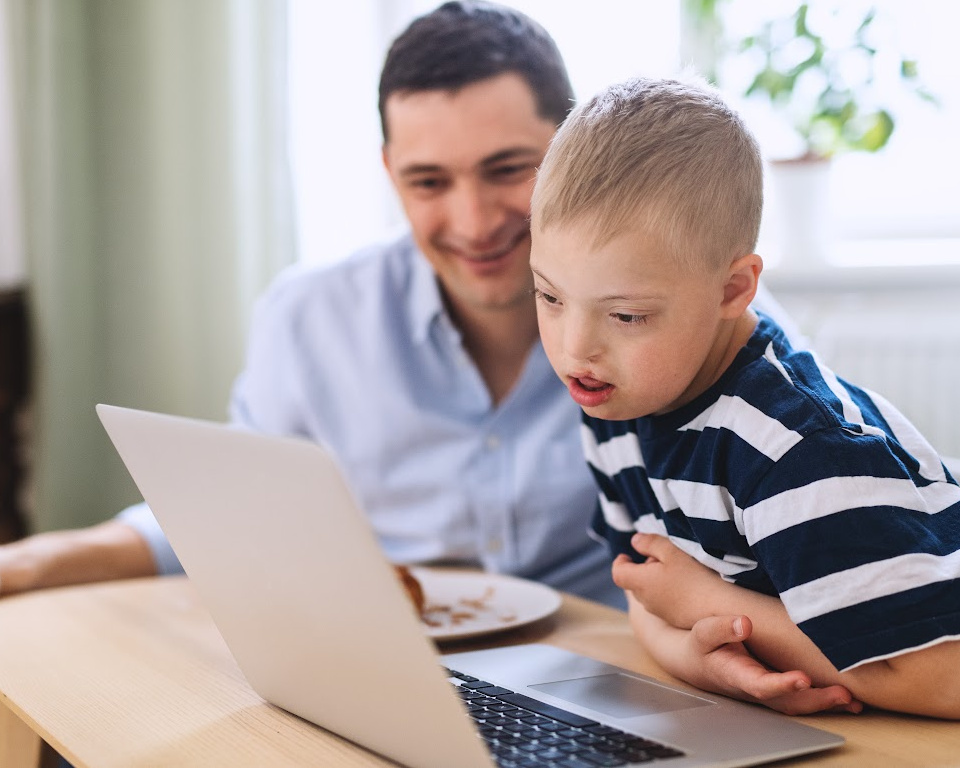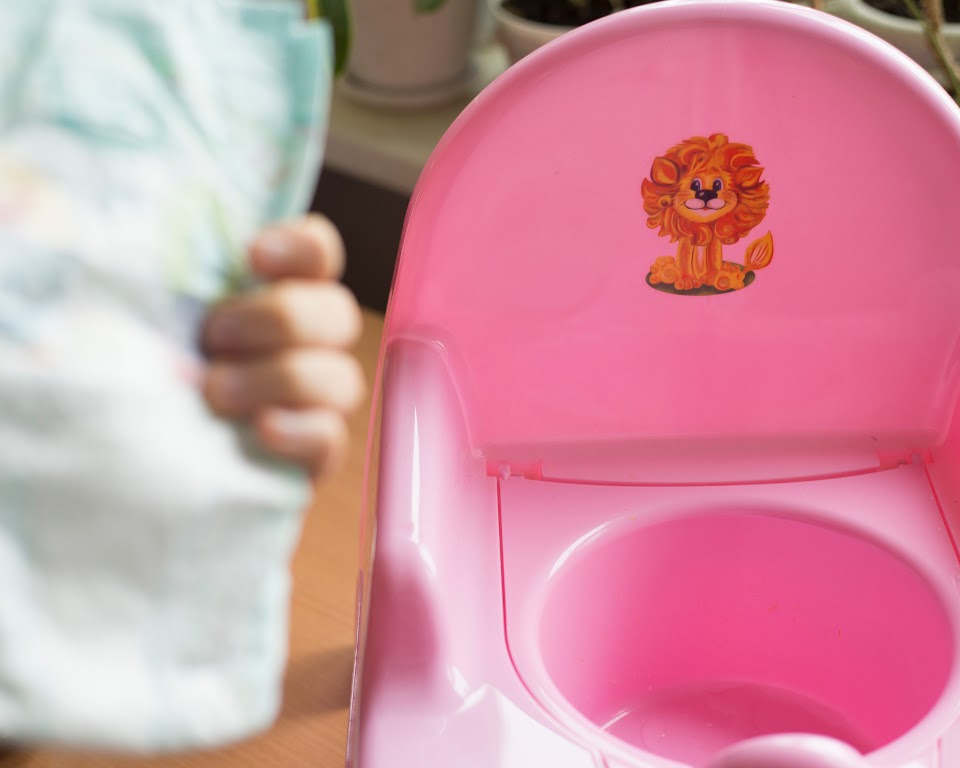Understanding how to communicate with a nonverbal autistic child is a challenge many parents, caregivers,…

Why Autistic People Might Look Younger: A Simple Explanation
When you meet someone with autism, have you ever noticed that they often have a youthful appearance in autism? This isn’t just a casual observation; there’s a conversation emerging around why do autistic people look younger, and it’s grounded in the characteristics and experiences of those on the spectrum. Let’s dive into the reasons behind this fascinating aspect of autism and aging.
Autism is a multifaceted and diverse condition that manifests differently across individuals, yet one curious commonality seems to be an apparent disconnect between biological age and age appearance in autism. This isn’t about eternal youth or mythical fountains of life, but rather a result of some intrinsic traits and behaviors associated with autism that contribute to a youthful appearance in autism. Stay with us as we explore how routines, interests, and emotional expressions weave together to create this phenomenon in the autism community.
Understanding Autistic Traits and Age Perception
The perception of age in individuals with autism can be influenced by a variety of traits and behaviors inherent to their experience of the world. A closer examination of these factors reveals how they might contribute to the youthful appearance often associated with autism. Below, we explore the characteristics that intertwine with gene expression and youthfulness in autism and how they may affect the aging process or the perception thereof.
A Closer Look at Rigidity and Routine
Autism is characterized by a strong adherence to routine and a preference for sameness, which can express itself through the persistent engagement in activities typically enjoyed in childhood. These behaviors can affect age perception, with the unwavering dedication to specific routines potentially contributing to a youthful demeanor. This rigidity can serve as an anti-aging mechanism in its own right by providing a structured and low-stress environment conducive to well-being.
The Role of Imitative Skills in Aging Appearance
Imitation is a critical learning tool for developing social norms and transitioning to age-appropriate interests. However, in autism, there may be a reduced propensity to imitate peers and adults, which can lead to a prolonged engagement with childhood interests that influence age perception. The divergence in imitation skills is a key factor affecting the juxtaposition of autism and facial characteristics, as these skills also extend to the expression and recognition of emotions.
Unpacking Perseverative Behaviors
Autistic individuals often exhibit perseverative behaviors, which can manifest as repetitive motions or the continued use of objects intended for younger individuals. These actions can be misinterpreted as indicators of emotional immaturity or a younger chronological age a perception intensified by the prevalence of these behaviors in youth.
Emotional Responses and Perceived Maturity
Emotional expressiveness in autism can sometimes emulate responses typically observed in younger children, such as intense reactions to environmental stimuli. Struggles with emotional regulation are a vivid example of the nuanced ways in which autism influences not only age perception but also challenges notions of emotional maturity in social contexts.
Factors Influencing Youthful Appearance in Autism
Unraveling the mystery behind the seemingly younger look of individuals with autism necessitates an exploration of both genetic influences and daily habits. The autism community frequently shares observations of appearing less aged than their actual years; this phenomenon might be attributed to a multitude of factors, from sartorial choices to health practices. Minimalistic approaches to beauty such as avoiding makeup, selecting comfort-driven attire, and opting for straightforward hair care can shape the outer perception of age. The soft spoken tones often observed in autistic individuals further contribute to an impression of youthfulness.
Routines entrenched in well-being, such as skincare regimes, diligent use of sun protection, and prioritizing ample rest, have the potential to combat visual signs of aging. These autism and anti-aging mechanisms may inadvertently preserve a youthful radiance that is as much about lifestyle as it is about biological predispositions. More than skin-deep, the interaction between autism and age perception extends into how individuals with autism are treated socially. Being carded while purchasing age-restricted products or mistaken for a student rather than a professional are common experiences which reinforce the perception of a more youthful facade.
It’s not merely physical attributes but also the nuanced behaviors typical of autism that maintain a youthful guise. The meticulous nature of one’s focus, repetitive patterns of behavior, and restrained expressiveness can each play a role in diminishing the appearance of age. To fully appreciate the link between autism and age perception, it is vital to recognize how these elements collectively influence the youthful impression often associated with autistic individuals.
FAQs
Why do autistic people often look younger?
Autistic individuals might look younger due to traits like rigidity in routine, continuation of childlike interests, emotional responses similar to those of younger individuals, and sometimes even genetic factors. These can contribute to a perception of youthfulness that doesn’t necessarily align with chronological age.
How does autism affect the aging process?
Autism itself does not necessarily affect the biological aging process, but certain autistic traits and behaviors can influence how an individual’s age is perceived by others. Additionally, lifestyle choices often associated with autism, like rigid routines and special interests, can sometimes be linked to maintaining a more youthful appearance.
What facial characteristics in autism might affect age appearance?
Some autistic individuals might have limited facial expressiveness or exhibit repetitive facial movements, which can impact how their age is perceived. A less dynamic range of facial expression might contribute to a youthful look.
Can the role of rigidity and routine in autism lead to a younger appearance?
Yes, rigidity and routine can contribute to maintaining interests and behaviors that are perceived as youthful. For example, the persistence of routines from childhood into adulthood might influence how people view the age of an autistic person.
Why might imitative skills influence perceived age in autistic people?
Autistic individuals often have challenges with imitative learning, which means they might not readily adopt the social norms or interests that are typical of their age group as they grow older. This can play a significant role in others perceiving them as younger than they actually are.
What are perseverative behaviors and how do they relate to autism and aging?
Perseverative behaviors in autism are repetitive actions or interests that can sometimes be seen as more common in younger age groups. When autistic individuals continue these into later life, it might reinforce a youthful impression to others.
How do emotional responses impact the perceived maturity of autistic individuals?
Since emotional regulation can be challenging for some autistic individuals, they may have emotional responses that appear less mature or similar to those typically observed in younger people. This can influence perceptions of their emotional maturity, and consequently, their apparent age.
Are there anti-aging mechanisms linked with autism?
While there are no known specific anti-aging mechanisms directly linked with autism, the lifestyle choices and behaviors associated with some autistic individuals – such as consistent routines and special interests which may include activities promoting mental or physical health – could incidentally have anti-aging effects.
How does gene expression relate to youthfulness in autism?
There are ongoing studies to understand the relationship between gene expression and various aspects of autism, including its potential effect on perceived youthfulness. However, definitive conclusions in this area are yet to be drawn, and it remains an active field of research.
Do autistic people experience accelerated aging?
There is no definitive evidence to suggest that autistic people go through accelerated aging in a biological sense. However, because of the unique challenges faced by autistic individuals, understanding the long-term health and well-being implications of autism as it relates to aging is an important area of study.
Can lifestyle factors influence why autistic people might look younger?
Yes, lifestyle factors, such as certain routines around skincare, diet, sun protection, and stress management, which may differ from the general population, can influence the youthful appearance of some autistic individuals. Simple, comfortable clothing and minimalistic grooming choices may also play a role.
How does the perception of age impact the daily lives of autistic people?
Being perceived as younger can affect autistic individuals in various ways, from being underestimated in abilities and intelligence to facing social misunderstandings. It may also lead to occurrences like being carded more frequently or dismissed in adult settings, which can be frustrating and impact one’s self-esteem.



This Post Has 0 Comments